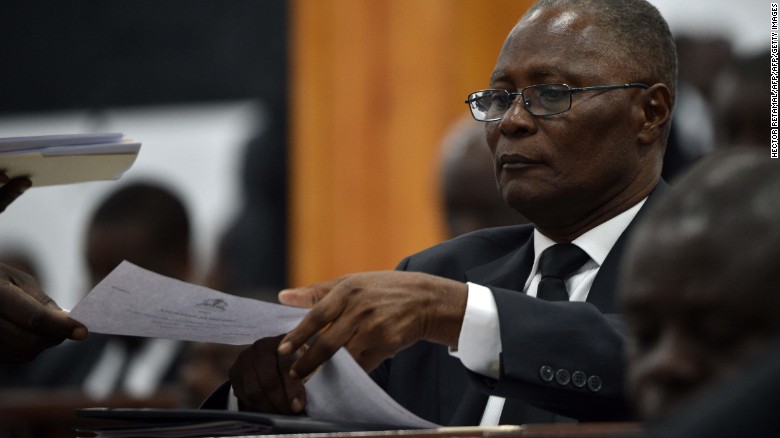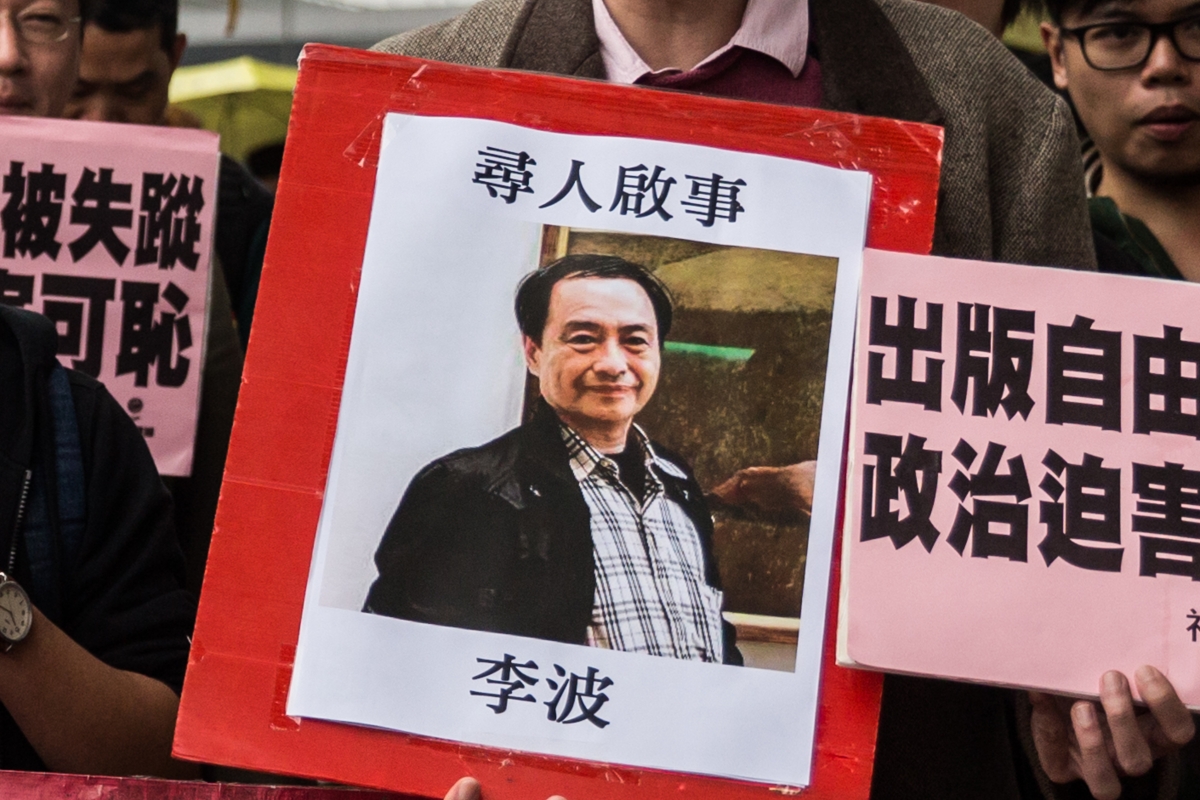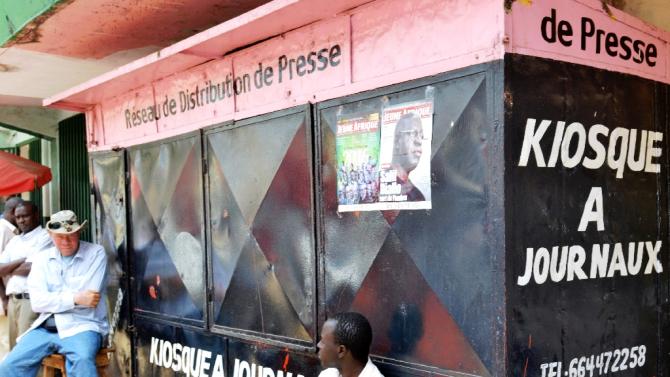By Samuel Miller
Impunity Watch Reporter, North America and Oceania
SAN FRANCISCO, California, United States of America — Apple Inc. CEO Tim Cook said his company will resist a federal judge’s order to obtain encrypted data hidden on a cellphone that belonged to Syed Rizwan Farook, who killed 14 people in San Bernardino last year. A California judge ordered on Tuesday that Apple help the Federal Bureau of Investigation (“FBI”) crack the security code to the phone, so that law enforcement officials can continue their investigation into that horrific attack.

In a statement released Wednesday, Cook said that an act such as this would undermine encryption by creating a backdoor that could potentially be used on other future devices.
The act sets up a legal showdown between Apple, which said it was eager to protect the privacy of its customers, and the FBI, who say that new encryption technologies hamper their ability to prevent and solve crime. In his statement, Cook called the court order a dangerous and unprecedented step by the federal government.
Cook said the FBI is essentially asking Apple to build a new operating system that could be installed on an iPhone recovered from an investigation. Such software does not exist today, but Cook said that if it did, there would not be a way to guarantee that the software would only be used for investigations.
“The government would have us remove security features and add new capabilities to the operating system, allowing a passcode to be input electronically. This would make it easier to unlock an iPhone by ‘brute force’ trying thousands or millions of combinations with the speed of a modern computer,” Cook wrote in his statement Wednesday.
The federal government’s request was made under the All Writs Act, a law which dates back to 1789, which allows the government to use its authority to issue orders that are not covered by a statute.
The tech industry and the government have long been at odds over how much access law enforcement and national security agencies should be given to private phone data. Although the tech industry says it wants to help, it’s reluctant to give away private information and data to government agencies, arguing that doing so fosters user distrust and raises the risk of hacker attacks.
Since September 2014, data on the latest Apple devices – such as text messages and photographs – have been encrypted by default. If a device is locked, the user’s passcode is required to access the data.
According to information obtained through the investigation by law enforcement officials, the phone stopped sending backup information to the iCloud server on Oct. 19, 2015. Furthermore, in its brief before the courts, the FBI stated it believed that Farook may have disabled the backup information function in order to hide evidence.
Any communications or data linked to the shooting after Oct. 19 would be accessible only through the device, according to the motion.
For more information, please see:
BBC News – Apple rejects order to unlock gunman’s phone – 17 February 2016
NY Times – Apple Fights Order to Unlock San Bernardino Gunman’s iPhone – 17 February 2016
TIME – Apple Leans on 227-Year-Old Law in Encryption Fight – 17 February 2016
Wired – Tim Cook Says Apple Will Fight Court Order to Unlock iPhone – 17 February 2016



